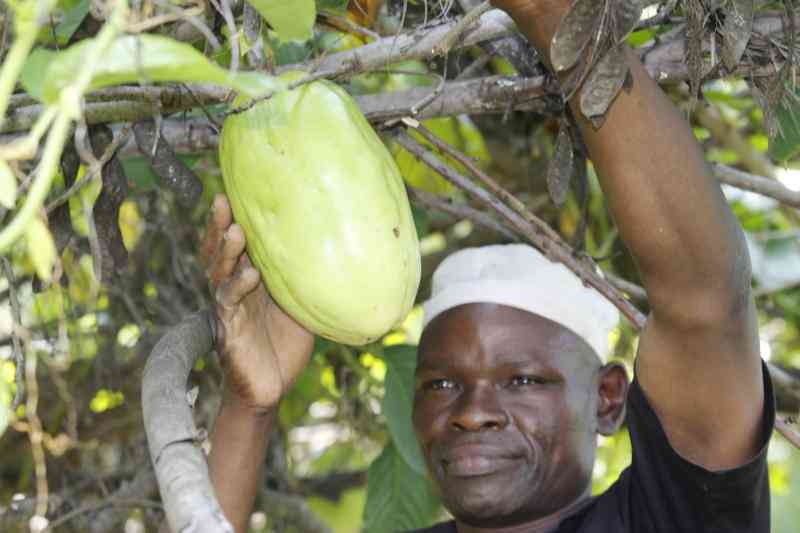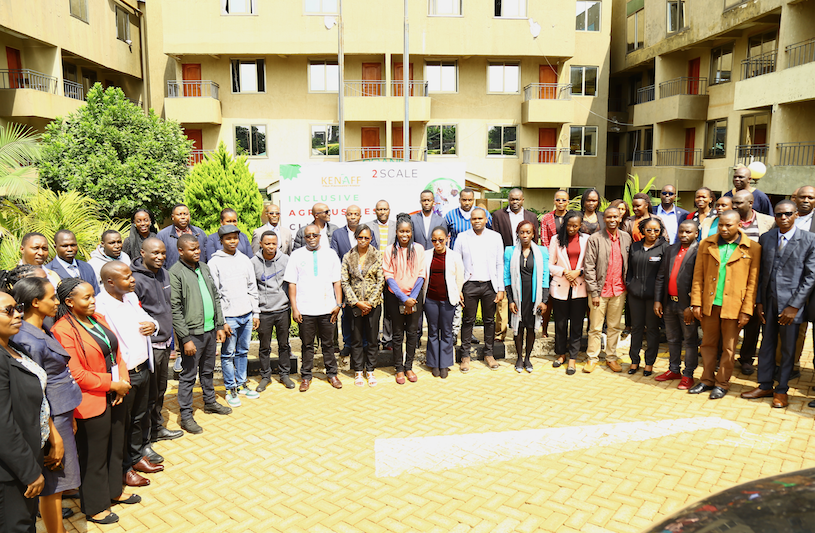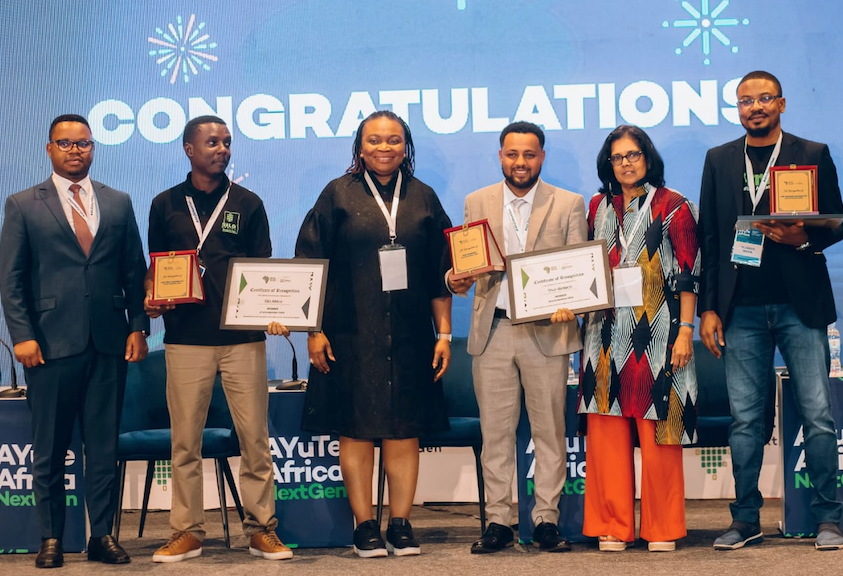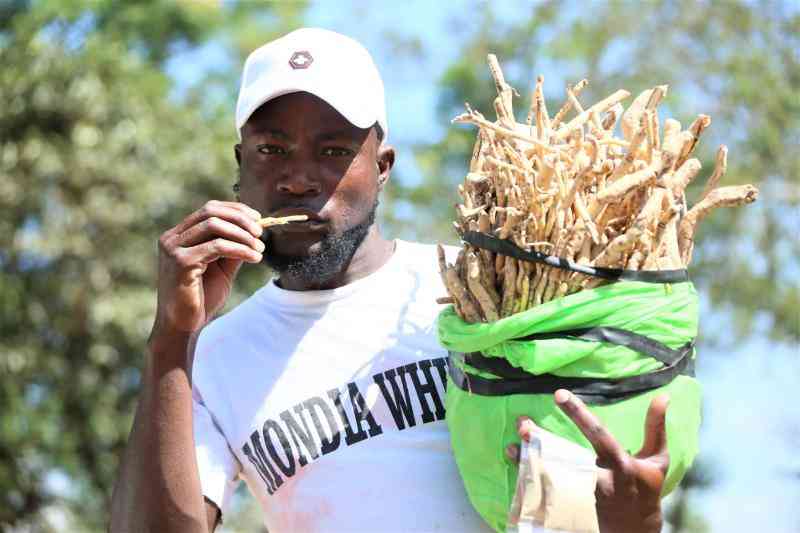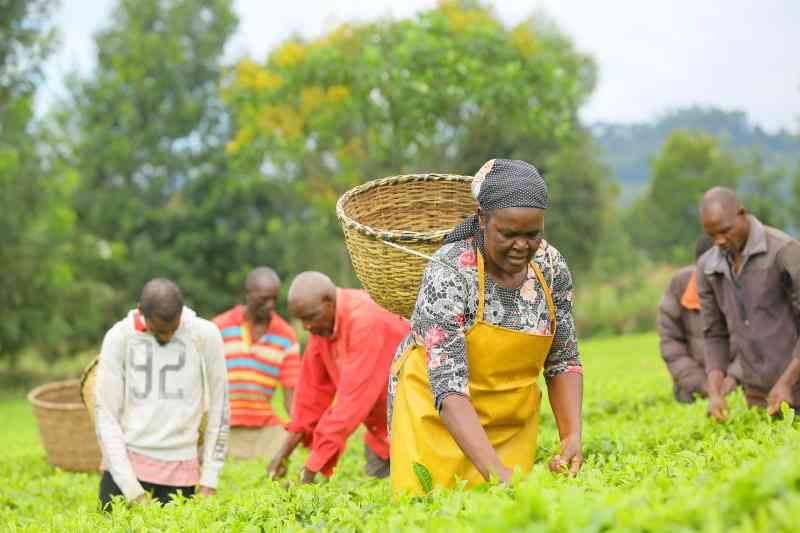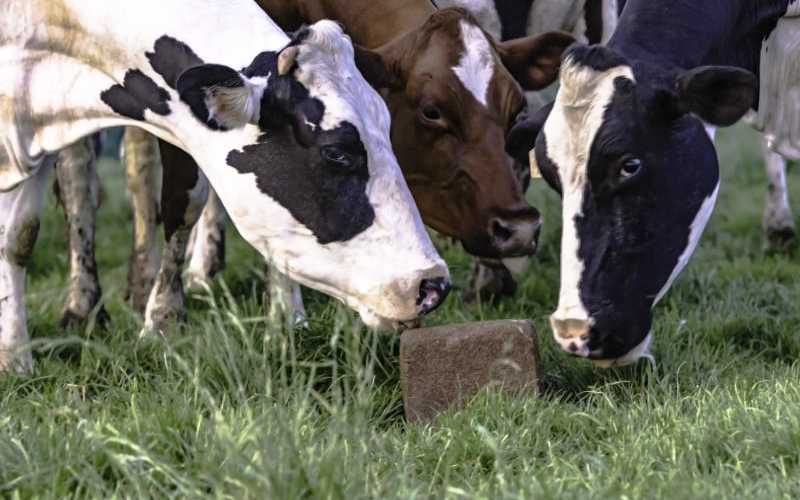
The International Livestock Research Institute - Kenya (ILRI) has entered a project with six counties to support women dairy farmers boost milk production.
The Sh37.5 million project will involve 5,000 women, whose smallholder ventures will be expected to ease the annual 2.2 billion litre shortage of dairy products in the country.
The counties involved are Kiambu, Nakuru, Kericho, Uasin Gishu, Nyeri and Meru, in the two-year programme that is an initiative of Corteva Agriscience, Land O'Lakes Venture37, Bidco Land O'Lakes and Forage Genetics International (FGI).
The smallholder women farmers will be trained on agronomics by Corteva and forage management by FGI. ILRI, a local firm, will train the famers on livestock management. The women will also be taken throughdairy technology by Land O'Lakes while Bidco offers training on dairy animal feed. The group will further be trained on how to reduce production costs.
By the end of the training, the smallholder women dairy farmers are expected to produce high-nutrient feed for their animals and turn it into increased milk production.
Corteva Agriscience East Africa Commerical Unit leader Joseph Anampiu said, "Kenya has the highest per capita consumption of milk in Africa at 120 liters, compared with the continent's average of 50 liters."
He said by 2030 milk consumption will have doubled to 220 litres following a demand growth rate of seven per cent each year.
Anampiu went on, "We are committed to providing tools and training to help increase yield stability, optimise inputs, and improve climate resilience."
Meanwhile, Corteva's senior vice president of external affairs Anne Alonzo said the cooperation is expected to improve the lives of the smallholder farmers, their families and their communities.
Her counterpart, the Global Government and Industry Affairs lead at Corteva Agriscience, Tiffany Atwell, said women play a critical in the development of agriculture.
According to the International Fund for Agricultural Development (IFAD), 800,000 smallholder farmers in Kenya depend on dairy farming for thei rdaily income.
As the war against the misuse of antibiotics intensifies, researchers say livestock account for the highest amount of abuse. The best tool to fight the abuse is organic farming which is, unfortunately, hindered by lack of access to farm inputs and markets as well as poor policy structures.
At a four-acre farm in Bomet County, Wilson Sossion formulates feeds for his 70 dairy cows. It is a venture that Mr Sossion started in April 2017 to unwind, away from his official duties at the Kenya National Union of Teachers (Knut). He started with five dairy cows.
In an attempt to produce organic milk, Mr Sossion invested in feed processing equipment, planted lucerne and napier grass and employed qualified farmhands to help in mixing the raw materials.
Dr Robert Mbeche a researcher who specialises in organic farming at Jomo Kenyatta University of Agriculture and Technology (JKUAT) says organic dairy farming is not new in Kenya.
Organic dairy farming means raising animals on organic feed including pastures cultivated without the use of fertilisers or pesticides, having access to pasture or outside as well as restricted usage of antibiotics and hormones.
Dr Mbeche says farmers unconsciously engage in some form of organic dairy farming practices even in the absence of a proper framework.
“Farmers especially in places where there are large tracts of land where there are sufficient pastures have always practised organic farming to some extent. And even those who purchase organic feeds for their cattle attempt to produce organic dairy products,” says Dr Mbeche.
Want to get latest farming tips and videos?
Join Us
 The Standard Group Plc is a multi-media organization
with investments in media platforms spanning newspaper print operations,
television, radio broadcasting, digital and online services. The Standard Group
is recognized as a leading multi-media house in Kenya with a key influence in
matters of national and international interest.
The Standard Group Plc is a multi-media organization
with investments in media platforms spanning newspaper print operations,
television, radio broadcasting, digital and online services. The Standard Group
is recognized as a leading multi-media house in Kenya with a key influence in
matters of national and international interest.
 The Standard Group Plc is a multi-media organization
with investments in media platforms spanning newspaper print operations,
television, radio broadcasting, digital and online services. The Standard Group
is recognized as a leading multi-media house in Kenya with a key influence in
matters of national and international interest.
The Standard Group Plc is a multi-media organization
with investments in media platforms spanning newspaper print operations,
television, radio broadcasting, digital and online services. The Standard Group
is recognized as a leading multi-media house in Kenya with a key influence in
matters of national and international interest.


